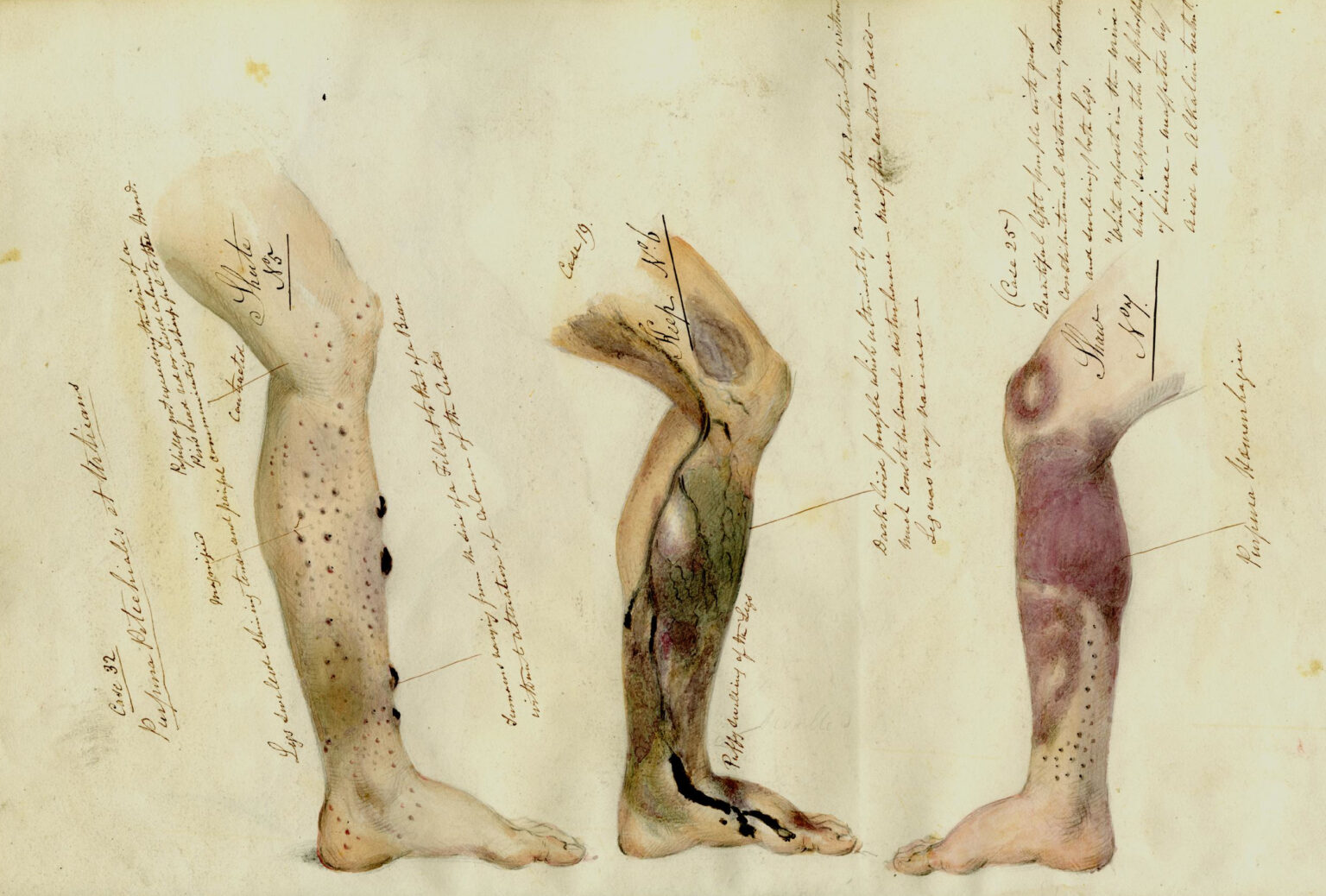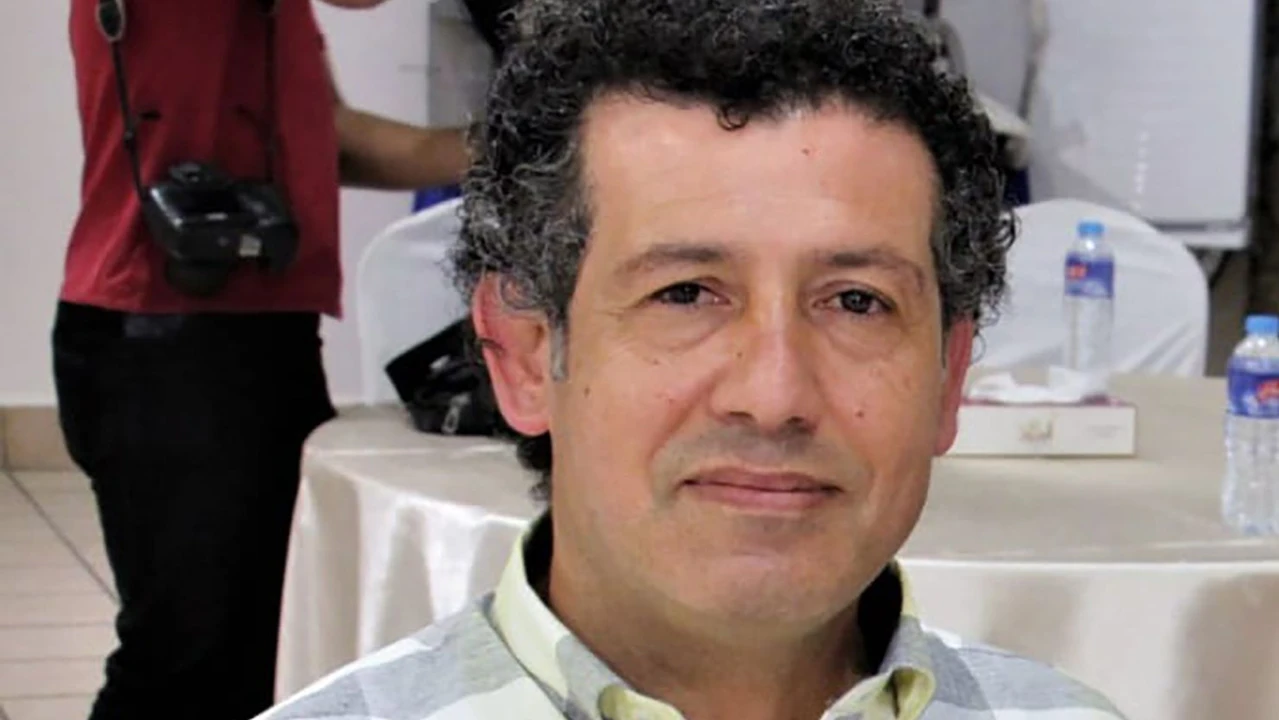Sailor’s curse resurges: Who’s at risk of scurvy and how to stay safe?
 Scurvy was responsible for more deaths at sea than storms, shipwrecks, combat, and all other diseases combined. (Illustration by Gustave Doré from a book-length edition of Coleridge’s The Rime of the Ancient Mariner)
Scurvy was responsible for more deaths at sea than storms, shipwrecks, combat, and all other diseases combined. (Illustration by Gustave Doré from a book-length edition of Coleridge’s The Rime of the Ancient Mariner)
Once notorious for threatening the lives of sailors due to a lack of vitamin C, scurvy has resurfaced in recent years. Experts suggest that this increase in scurvy cases is tied to poor nutrition, unhealthy lifestyles, and especially the side effects of bariatric surgeries.
Here’s what’s driving the resurgence of this ancient disease and how we can guard against it.
Historically known as the “ancient disease,” scurvy develops from vitamin C deficiency, leading to symptoms such as weakened tissues, gum bleeding, bruising and susceptibility to infections.
Records from the 18th century reveal that this disease, particularly prevalent among sailors on long voyages, caused over two million deaths between the 1500s and 1800s.
Scurvy resurgence confirmed in modern cases
Recent studies indicate a marked increase in scurvy cases linked to low vitamin C levels. In Western Australia, doctors diagnosed a patient showing bruising, swelling, and pain with scurvy after dietary assessments revealed a near-complete absence of fruits and vegetables in their diet, replaced by processed foods.
Bariatric surgery patients have been flagged as particularly vulnerable to vitamin deficiencies, including scurvy, because of reduced food intake and absorption challenges.

Symptoms of vitamin C deficiency: What to watch for
Dr. Ayca Kaya, an internal medicine specialist, shared with Sputnik the hallmark symptoms of scurvy, including fatigue, lethargy, gum bleeding, easy bruising and muscle-joint pain.
Kaya explained these symptoms coincide with a weakened immune system, raising the risk of infections. Diagnosis is made through a blood test, and prompt treatment with vitamin C supplements quickly reverses the condition.
Bariatric surgery patients at increased risk of scurvy
Bariatric surgeries, especially gastric bypass procedures, have been identified as a leading cause of scurvy resurgence.
Dr. Kaya noted that such surgeries often result in intolerances and nutritional deficiencies, with vitamin C deficiency emerging as a key concern. These surgeries can impair vitamin C absorption, significantly raising the risk of scurvy.
High-risk groups: Who is vulnerable to scurvy?
According to experts, groups particularly at risk of vitamin C deficiency include:
- Individuals with high alcohol consumption
- Those with low fruit and vegetable intake
- People reliant on fast food
- Bariatric surgery patients
- Smokers and pregnant women
Dr. Kaya emphasized that scurvy risk can be minimized by regularly consuming vitamin C-rich foods, such as kiwi, oranges, strawberries, broccoli and cabbage.
“By maintaining mindful eating habits, scurvy risk can be reduced to a minimum,” she concluded.
To prevent scurvy, it’s essential to incorporate vitamin C-rich foods like citrus fruits, kiwi, and leafy greens into your diet.
By maintaining a balanced diet and being mindful of nutritional intake, particularly for those at higher risk, the threat of this historic disease can be minimized.



